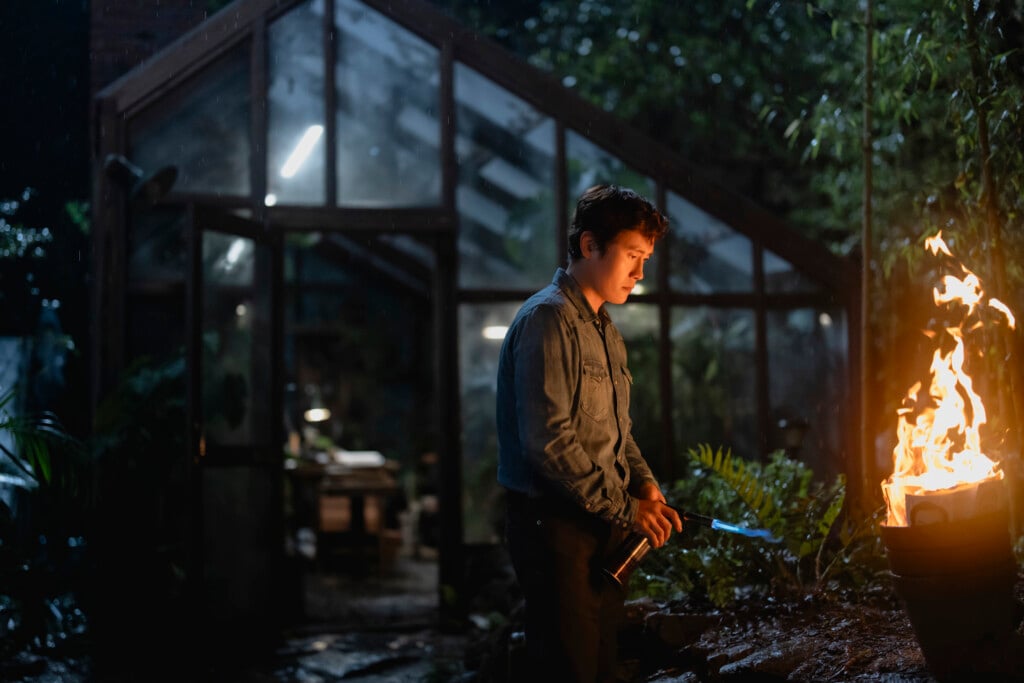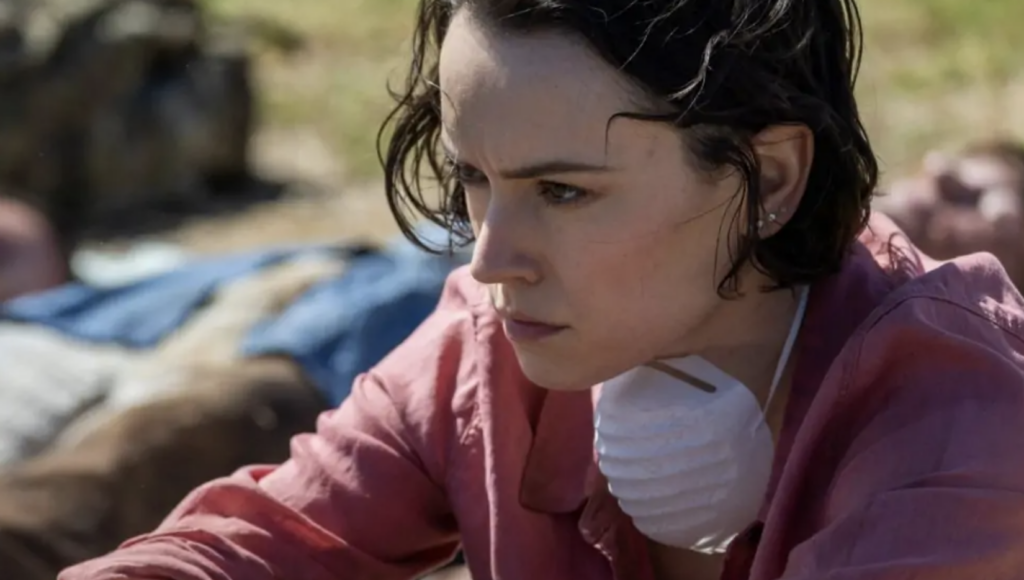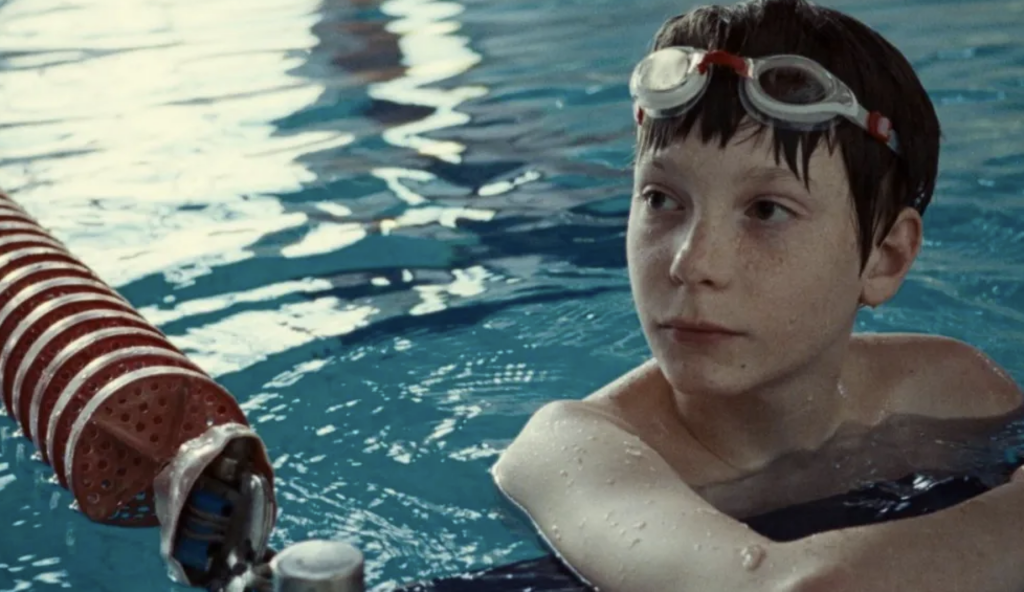Documentary short Parker silhouettes the surprising power of a surname
Three generations of a Kansas City family are finally unified when they do something that countless other Black Americans could not: choose their own last name.
“What’s in a name? That which we call a rose by any other definition would smell as sweet,” muses Juliet in the Shakespeare play named after her.
The new locally shot 13-minute documentary Parker demonstrates that there is a lot in a name, and what we’re called or call ourselves can mean a great deal.
The film plays this Sunday at the White Theatre at Jewish Community Center of Greater Kansas City at 5801 W. 115th St in Overland Park. Tickets are $18, and the program also includes the Emmy-winning documentary The Flagmakers.
Sharon Liese co-directed the former with Catherine Hoffman and the latter with Cynthia Wade. She’ll be on hand with the Parker family for a Q&A. The moderators will be Nick Haines from PBSKC. 
Because Matt Harris was born before his mother Sedoria had finished her divorce, he hasn’t carried his biological father Adolphus Parker’s surname even though Adolphus raised him from infancy and has been consistently active in his life and in the lives Matt’s children Cameron and Ashleigh with his wife Katrina.
Because of slavery and its aftermath, being able to choose one’s surname carries a special significance in the African-American community.
“For a lot of Black folks the stories tend toward trauma and violence and those kinds of things, when there’s so many other facets of the Black experience to be explored on film, of joy and family bonds,” says Hoffman.
While the Parkers may have mulled over the decision to unify their surnames over time, the announcement came shortly before they took it to the Cass County Courthouse to make it official. The movie opens with Cameron and Ashleigh pleasantly surprised by both the announcement and the fact that the moment was going to be documented on film.
There’s a sense of spontaneity to Parker that belies its slick craftsmanship. There’s no substitute for being at the right place at the right time.
Liese recalls: “I’ve known Adolphus Parker for 15 years. He has a house painting company. I’ve hired him many times to paint rooms in my house. I got to know him and would hear all his stories that go way beyond name changing. My husband’s an attorney, and he started talking to my husband one day about this name change situation. I’d always been threating that I would ask him to do a documentary on some part of his life, and this seemed to be the right thing to do.”
Williams also appears in the film and in it explains how the Parkers are carrying out a longer tradition in African-American culture. Parents developed systems for naming their children that transcended the names of their people who enslaved their ancestors.
“I’m always looking for the larger historical context of everything,” says Hoffman. “The Black Archives of Mid-America has always been instrumental to the reporting I’ve done in Kansas City. It was a natural stop in figuring out how the story is bigger and how the Parkers fit into it. The Parkers had never been to the Black Archives, so seeing them get to walk though there and truly experience if for the first time was a great experience.”
Thanks to the use of animation and the family’s inherent appeal, Parker never feels like a lecture. Sedoria half-jokingly refers to her husband as a “player” when he was younger, but his career and devotion to his family belie the term.
Liese recalls: “When you see it with an audience, that is the second most laughed at comment. We were trying to stick withing a 12 to 13-minute framework and were debating what we should cut. I came to one of our meetings and said, ‘I think we could take ‘player’ out. Catherine and our editor Funmi Ogurnro were both like, ‘Can’t do that,’ so it stayed.”
Hoffman explains, “That’s the best part about having grandparents. You can still see the charm in Adolphus, that’s for sure. You can still see the charm and the playfulness.”
Despite being shot exclusively in the Cowtown area, Parker received a Grand Jury Prize nomination for Best Short Documentary at both the Nashville Film Festival and the Sundance Film Festival last year. It’s also been released by The New Yorker on the magazine’s website.
Last week, Parker played at the Arkansas Shorts Festival.
“Sundance has this thing when you’re invited, they ask you if you are okay with them sharing your film confidentially with distributors. Before it even screened at Sundance, The New Yorker contacted us and said they would like to distribute it,” says Liese. “They did a screening in New York, and [magazine editor] David Remnick was the one what introduced the films. My husband goes, ‘I’m breathing rarefied air.”






